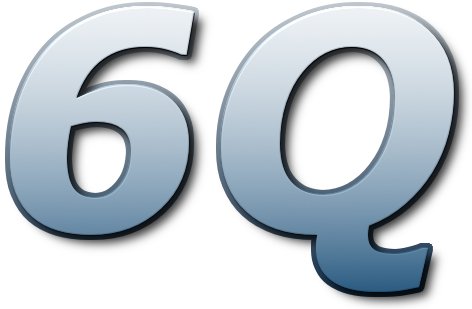1. What should a client expect from you as an agent?
- That I will work hard.
- That I will keep on top of the ever changing marketplace.
- That I will maintain my integrity as a businessman of honor and honesty.
- That I will protect your interests.
- That I will tell you the truth, about the industry, about your writing, about your ideas.
- That I will respond to your concerns and questions as soon as possible.
2. What would you expect from a client of yours?
- Work hard.
- Measure expectations against reality.
- Attempt to understand the publishing process. Then trust the process.
- Develop a thick skin.
- Learn patience. Things take time in this industry.
3. What will you NOT do for a client?
- I won’t lend you money.
- I won’t lie or cheat for you.
- I won’t write your book for you.
4. In today’s marketplace, how difficult is it for a writer to succeed without an agent? Do you think every writer needs an agent?
The answer depends on your expectations as a writer. If you are confident you understand the variations within the industry, have business acumen, have negotiation skills, understand book contracts, have strong relationships with editors, etc. then you have a chance to succeed without an agent.
However, the industry is a labyrinth of nuances. If you try to go it alone you might regret signing that document or partnering with the wrong publisher. At least once or twice a year an author comes to me with a tale of woe regarding a contract they signed and the trouble they are now experiencing. They want to know if I can rescue them from the disaster.
I once asked a potential client why they thought they needed me as their agent. He replied, “If I were to represent myself, I would represent a fool.”
5. What is a newbie’s chance of getting you as an agent? What are you looking for?
Blow me away with an amazing novel or develop a great platform accompanied by a great idea that will make a publisher’s eyes water. Then you’ve got a fighting chance.
6. What should a writer send you for your consideration of them as a client?
PLEASE follow the guidelines on our web site. They are there for a reason. Break those guidelines with impunity and all you’ll do is annoy us. Would you work with someone who annoys you? (Just remember they are guidelines, not rules.)
A version of above six questions and answers were originally posted by Rebecca Barlow Jordan, one of my clients, for her blog in 2010.











